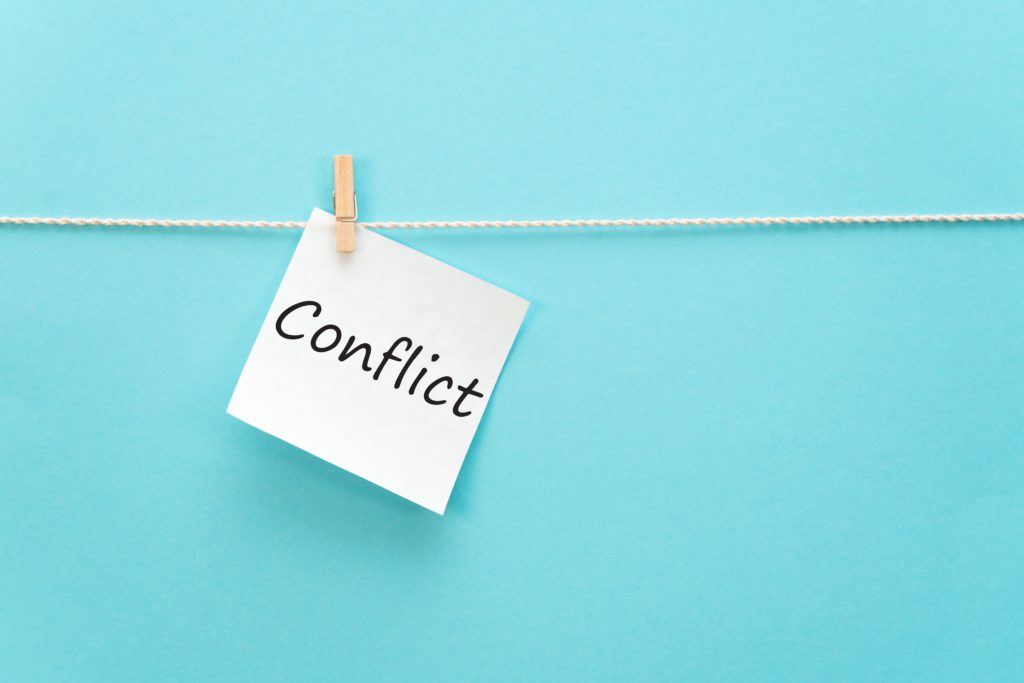Superseding Audit Rights for Software Copyright Infringement: Settlement Agreements Versus Software License Agreements

Many software copyright infringement claims are resolved informally and often the terms are set forth in a settlement agreement. The critical terms in every settlement agreement purporting to resolve copyright infringement claims include the release of liability, confidentiality, warranties and representations, monetary sums to be paid, and in cases of software, future auditing rights.
Third-party auditing entities such as BSA| The Software Alliance (the “BSA”), or Software & Information Industry Association (“SIIA”), organizations that acts on behalf of software publishers to enforce copyrights, craft their own settlement language, which is generally approved by the software publishers they represent.
However, it is possible that the audit request itself, in addition to the language in the settlement agreement may conflict with an existing software license agreement. The following are conflicts to consider:
The BSA or SIIA’s auditing rights are superseded by an existing license agreement
Both of these organizations follow a specific set of rules to complete a software audit, which may conflict with existing audit terms. For example, some Microsoft agreements set forth a specific notice requirement, which may be 30-60 days’ written notice, and may also regulate whether the auditor may conduct on-site reviews.
If the audit target has a current license agreement with a publisher who is a member of the BSA or SIIA’, the audit target may advise the BSA of the existence of said agreement and request that all audit requests comply with the license terms. The audit target may elect not to proceed with the BSA audit, or request the auditor withdraw its audit request. However, if the audit target does not have similar agreements with audit rights with the other BSA-member publishers, the BSA may demand that the scope be limited to those other publishers.
It is important to note that the software publisher may elect to audit the customer at any time pursuant to the relevant license agreements, so it is important to carefully manage software assets and entitlements.
Review settlement agreement language for audit rights
Once the audit itself is resolved, the parties typically negotiate the monetary and non-monetary terms of the settlement agreement. It is important to look closely at every provision in the settlement agreement, including the post-settlement obligations. The BSA will require specific actions and documentation to prove any software license gaps have been remediated. These obligations are tied to the release of liability, so they it is important not to overlook them.
Additionally, the BSA (and other auditing entities) will typically include a provision regarding future audits in the draft agreement. The BSA favors inspections, which allow the BSA to conduct an on-site investigation of the audit target’s network to verify future compliance with software licenses. In most cases, this provision is more arduous than existing audit rights in the software license agreements. Because this provision conflicts with the license agreement, there may be questions about which provision applies in the event of a future audit.
The easiest way to avoid a conflict of agreements is to align the audit requirement language with the existing agreement. It is not advisable to agree to more restrictive terms than necessary when it comes to software audits.
However, recent signs have indicated the BSA may soon shift toward inspections as opposed to allowing its audit targets to conduct self-audits. In this instance, it is important to review all existing software license agreements to verify existing audit rights prior to agreeing to inspections as part of settlement.















